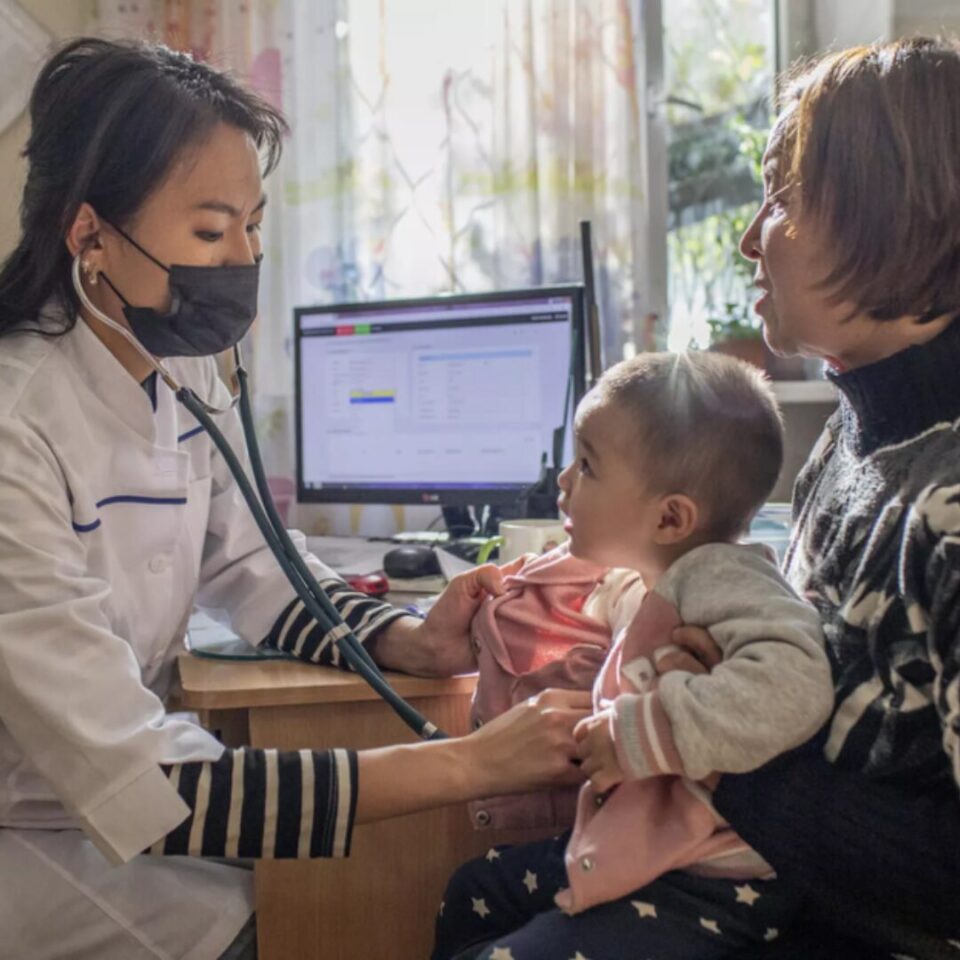Effective Strategies for Supporting Medical Travelers with Complex Healthcare Needs
Discover effective strategies to support medical travelers with complex healthcare needs, from planning to post-care support.

Medical travelers & tourism has grown significantly in recent years, offering individuals the chance to access specialized healthcare services that might not be available in their home country.
While this provides life-changing opportunities, it also presents challenges, especially for patients with complex healthcare needs.
These individuals often require more than routine care, including tailored planning, seamless coordination, and ongoing support throughout the journey. In this article, we’ll explore effective strategies to assist medical travelers facing these unique challenges.
Understanding the Unique Needs of Medical Travelers
What Defines Complex Healthcare Needs?
Complex healthcare needs encompass conditions that require ongoing medical assistance, specialized interventions, or advanced technology. Examples include patients with chronic illnesses, rare diseases, or significant physical disabilities. Supporting such individuals involves addressing their specific health and logistical requirements, ensuring that their medical journey is as smooth and stress-free as possible.
Common Challenges Faced by Medical Travelers
Medical travelers with complex needs face multiple hurdles:
- Language Barriers: Communication gaps between patients and healthcare providers can lead to misunderstandings about treatment plans.
- Financial Constraints: Accessing quality healthcare abroad often comes with high costs, including travel, accommodation, and medical expenses.
- Logistical Issues: Coordinating transportation, managing medical equipment, and ensuring adequate care during transit can be daunting tasks.
Addressing these challenges requires a proactive, patient-centered approach that prioritizes their comfort and well-being.
Pre-Travel Planning for Medical Travelers
Comprehensive Medical Assessments
Before embarking on a medical journey, patients should undergo a thorough medical evaluation. This ensures that the chosen treatment destination is equipped to handle their needs and provides clarity on potential risks or complications.
Securing Medical Documentation and Records
Having complete and updated medical records is critical. This includes diagnostic reports, prescriptions, and prior treatment histories. These documents allow foreign healthcare providers to deliver accurate care and avoid unnecessary procedures.
Establishing a Travel Support Network
Building a robust support network is essential for medical travelers. This can include family members, patient advocacy groups, and local contacts in the destination country. Their assistance ensures that the traveler is not navigating unfamiliar territory alone.
Providing Personalized Support During Travel
Accessible Transportation Options
Travel arrangements for individuals with complex needs should prioritize accessibility. For instance, airlines offering wheelchair assistance or modified seating options can make the journey less stressful.
Assistance with Medical Devices and Equipment
Patients traveling with medical devices—such as oxygen tanks, mobility aids, or monitors—should ensure that these items meet travel regulations. Coordinating with airlines or other carriers in advance helps prevent delays or mishaps.
Emergency Preparedness
A comprehensive emergency plan is vital. This includes identifying nearby hospitals, keeping a list of local emergency numbers, and having travel insurance that covers medical contingencies.
Collaborating with Healthcare Providers
Finding the Right Specialists Abroad
Identifying qualified healthcare providers at the destination is critical for positive outcomes. Patients or their families should verify credentials, read reviews, and consult medical tourism organizations for recommendations.
Building Communication Channels with Healthcare Teams
Effective communication ensures that all stakeholders—patients, local physicians, and specialists abroad—are on the same page. Language interpreters or digital tools can help bridge any communication gaps.
Post-Travel Support and Follow-Up Care
Monitoring Recovery Progress
Post-treatment follow-ups are vital to ensure recovery is on track. Regular virtual consultations with the healthcare provider abroad or the patient’s primary care physician can aid in addressing lingering concerns.
Addressing Long-Term Care Needs
For patients with chronic conditions, care doesn’t end after returning home. Coordinating with local healthcare providers to manage ongoing treatments or rehabilitation is essential for maintaining health.
Providing Emotional and Psychological Support
The stress of undergoing treatment abroad can take a toll on mental health. Providing access to counselors or support groups can help patients navigate their recovery journey more effectively.
Leveraging Technology to Improve Medical Travel
Telemedicine Services
Telemedicine allows patients to consult specialists abroad before and after their travel, reducing the need for frequent in-person visits.
Digital Health Records
Digitizing medical records ensures easy accessibility and secure sharing between providers, streamlining the entire medical travel process.
Online Communities for Medical Travelers
Joining online forums or social media groups for medical travelers can provide valuable insights, emotional support, and practical tips for navigating the experience.
Conclusion
Medical travelers with complex healthcare needs face a unique set of challenges that require comprehensive planning and ongoing support. By addressing these needs through effective strategies—such as personalized travel arrangements, collaborative healthcare coordination, and leveraging technology—patients can achieve better outcomes and a smoother journey. With the right support systems in place, medical tourism can transform lives, offering access to care that may not be available at home.
FAQs
What is medical tourism?
Medical tourism refers to traveling to another country to access healthcare services, often to receive advanced treatments or cost-effective care.
How does telemedicine benefit medical tourists?
Telemedicine allows for virtual consultations, enabling patients to receive expert opinions and follow-up care without frequent travel.
What should patients know before traveling for healthcare?
Patients should research the destination’s healthcare facilities, secure their medical records, and have a clear understanding of costs and potential risks.




